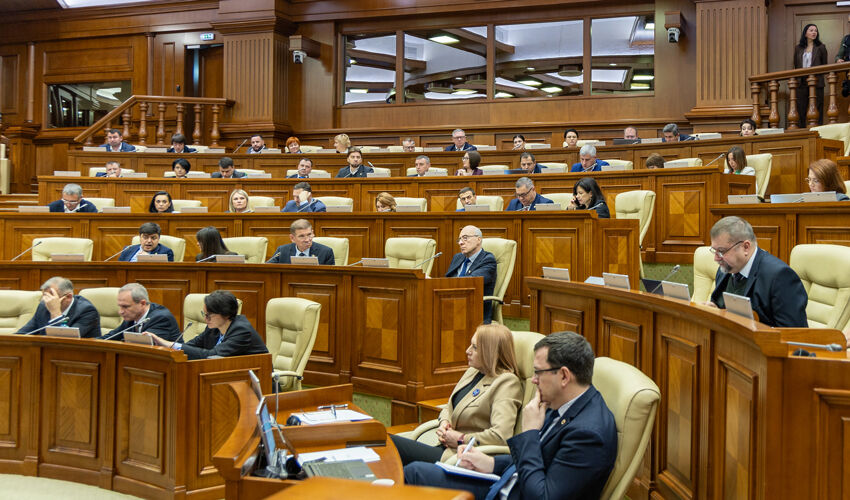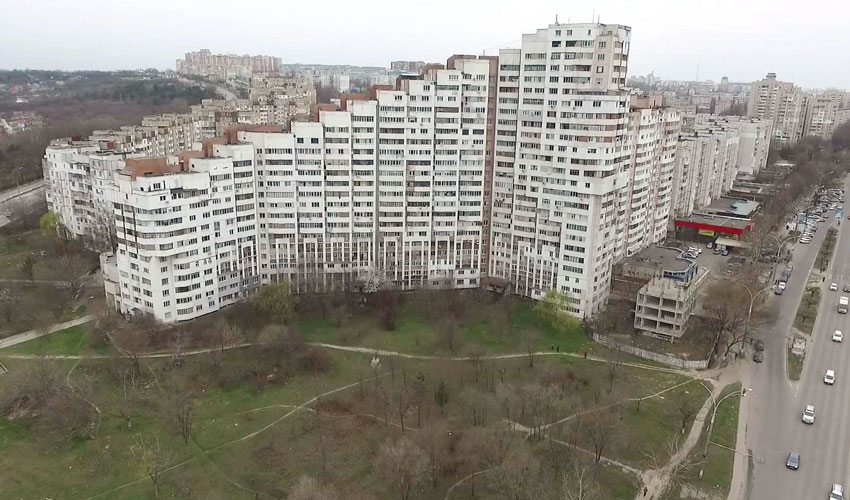
The amended parameters of the state budget for the current year envisage a decrease in budget revenues by 135.7 million lei, an increase in expenses by 169 million lei and an increase in the budget balance (deficit) by 304.7 million lei. As a result, the state budget revenues will amount to 75.79 billion lei, the expenditures – 94.78 billion lei, and the balance (deficit) – about 18 billion lei. In the first reading, 61 MPs backed the draft amendments.
In particular, the fund for the reduction of the energy vulnerability will be replenished with an amount of 706.6 million lei and will amount to over 4.3 billion lei.
More than 1 billion lei will be invested in the wage fund in the education system, including for New Year bonuses.
Also, transfers to the social insurance system are envisaged to finance social programs.
In response to complaints from opposition MPs that there was too little time to study the draft budget, the chairman of the commission for economy, budget and finance, Radu Marian, explained that this urgency was justified: “We had three months when the parliament did not work, and now we need to act quickly”.
Answering a question about the state debt, Finance Minister Adrian Gavrilitsa said: “The position on the state debt is the same as the one I recommend to every citizen – it is normal and even useful to take loans when they are used for investments. I wish every citizen to do the same, and we will act with the state according to the same principle: as little borrowing for consumption as possible, in general it is unacceptable. Borrowing should bring economic growth and more income. For this reason, I will use the opportunity to call on everyone to be responsible with borrowing and use it only for investment, not for consumption.”
The debt-to-GDP deficit is 5.2%. However, Radu Marian noted that the deficit in relation to GDP has not increased compared to previous years, despite the investments that have been allocated. He also emphasized that this indicator is lower than in the countries of the region: for example, in Poland – 6.5%, in France – almost 6%.
The discussion of the budget periodically turned to the topic of acorns. Deputies were given bags of acorns and invitations to a new tree planting campaign. This gesture provoked a wave of criticism from the opposition. The MPs noted that despite the large-scale public greening campaigns financed from the state budget, over the last four years, the level of forest cover in Moldova has remained at about 11%. This is one of the lowest indicators in the Black Sea region.













